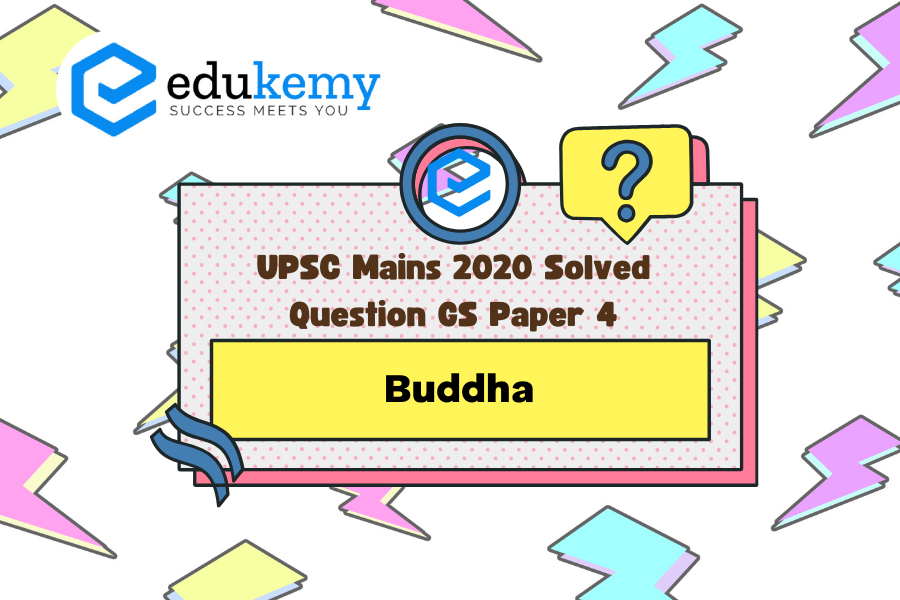
In today’s fast-paced and interconnected world, the teachings of Buddha continue to hold profound relevance and resonance. Among his myriad teachings, several stand out as particularly pertinent in contemporary society. The concept of mindfulness, rooted in the practice of being fully present and aware in each moment, addresses the modern epidemic of stress and anxiety, offering a pathway to inner peace and mental well-being. Additionally, Buddha’s emphasis on compassion and loving-kindness speaks directly to the pressing need for empathy and understanding in a world often fraught with division and conflict. Furthermore, his teachings on impermanence and the nature of suffering provide valuable insights into navigating the uncertainties and challenges of the 21st century, fostering resilience and adaptability. By embracing these timeless teachings, individuals can cultivate a deeper sense of fulfillment, harmony, and purpose in their lives, ultimately contributing to a more compassionate and enlightened global community.
Tag: Human Values – lessons from the lives and teachings of great leaders.
Contents
Decoding the Question:
- In Introduction, mention the major prevailing issues.
- In Body, mention a few teachings of Buddha that are most relevant today.
- Conclude, by mentioning the significance of Buddha’s teachings.
Answer:
All societies, worldwide, want to be congenial, healthy and happy. This state can’t be achieved when most people have a tendency to consider material possessions and physical comfort as more important, realistic and valuable than spiritual values. The teachings of Buddha help us understand the doctrine of karma.
Teachings of Buddha most relevant today:
Gautam Buddha was an ancient Indian moral thinker. He after attaining enlightenment at Bodhgaya, propounded his vision. This includes the teaching which are relevant even today, that are:
- The Buddha stressed in his teachings that the way to extinguish desire, which causes suffering, is to liberate oneself from attachments like greed, desire, ignorance, delusion, hatred and destructive urges.
- Buddha prescribed an eightfold path, the middle way for liberation. The eightfold path revolves around Wisdom (right understanding and intention), Ethical Conduct (right speech, action and livelihood) and Meditation (right effort, mindfulness and concentration).
- Right action and livelihood can liberate society from corruption, it can ensure food and water security and will enhance economic opportunity and employment, giving way to prosperity for all.
- Loving-kindness brings about positive attitudinal changes as it systematically develops the quality of ‘loving-acceptance’.
- Right understanding and intention can open the path for knowledge and can liberate the people from ignorance and delusion.
The Buddhist teachings inculcate compassion, calmness and composure, joy among humans and they can help maintain a sustainable balance between man and nature. Buddha’s teachings can transform societies into their better and more humane forms. As reflected by Tibetan spiritual leader Dalai Lama: ‘the 20th century was a century of war and violence, now we all need to work to see that the 21st century is of peace and dialogue.’
In case you still have your doubts, contact us on 9811333901.
For UPSC Prelims Resources, Click here
For Daily Updates and Study Material:
Join our Telegram Channel – Edukemy for IAS
- 1. Learn through Videos – here
- 2. Be Exam Ready by Practicing Daily MCQs – here
- 3. Daily Newsletter – Get all your Current Affairs Covered – here
- 4. Mains Answer Writing Practice – here

